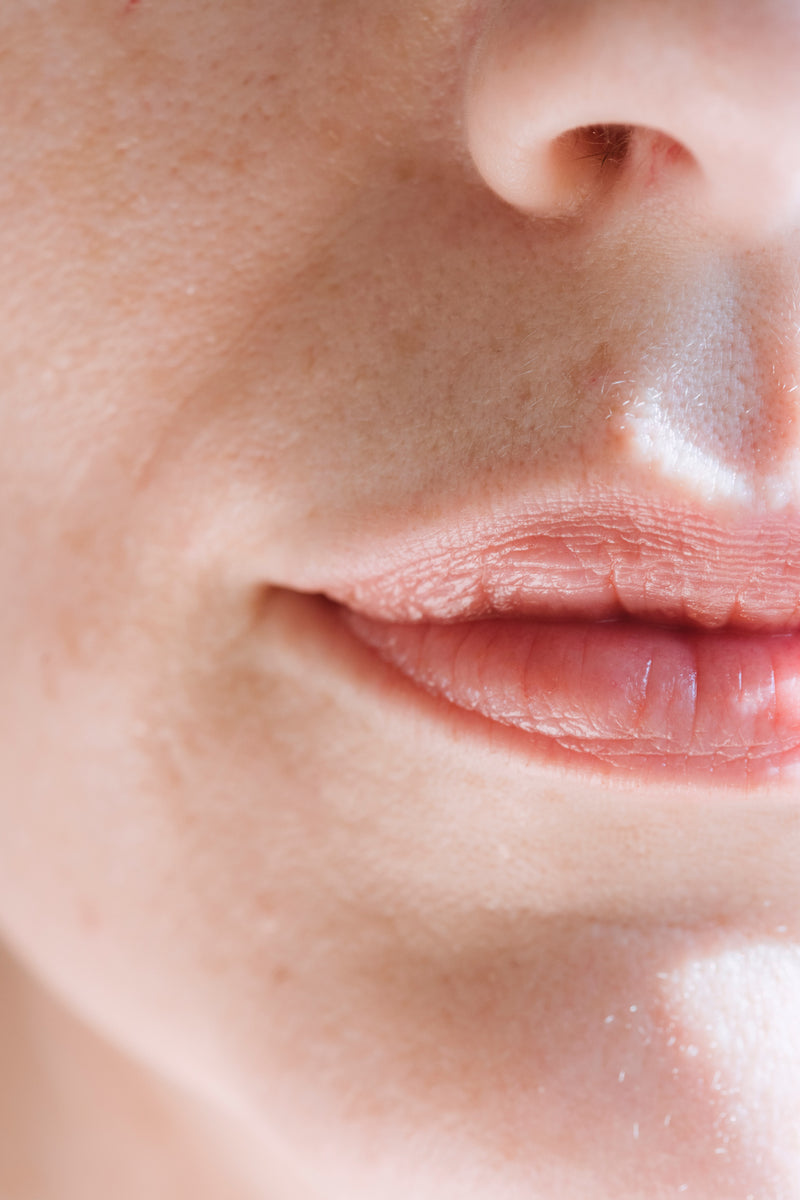5 ways you can protect your skin during this cold season

Chilly weather is officially here and sometimes it can be tough on your skin. The level of humidity in the airdrops sharply in winter, the water that skin makes naturally to protect and seal itself is more quickly and easily lost into the air. That process causes the skin to become drier.
Understanding how your skin behaves and reacts to cold weather can help you create an appropriate skincare routine and keep it from reacting negatively to fall and winter. Dermatologist Dr. Abigail Waldman explains what are some risk factors for dry skin:
- Natural aging skin changes
- Specific health conditions, such as eczema or food allergies
- Frequent washing, showers, baths, and swimming
- Exposure to harsh soaps and chemicals
- Natural loss of moisture
Luckily, there are different measures you can take to keep your skin soft and healthy through the winter months.
- Moisturizer is your best friend. Applying moisturizer during the winter can help maintain needed moisture in your skin; the ones with shea butter, olive oil, or jojoba oil as part of their ingredients can do wonders for your skin. “The thicker the cream, the better. To really treat dry skin, the cream should hold its form when you turn the jar upside down. If it’s thin enough to come in a pump bottle, then it’s likely not going to do the trick dry winter skin, and you should save it for the summer,” Dr. Waldman advises. She recommends that people focus on the ingredients of skincare products more than the branding.
- Block the winter sun. Summer is sadly over, but it doesn’t mean you don’t need to protect your skin from the sun’s UV rays, this is especially true during the peak daylight hours from 10 a.m. to 4 p.m., and even cloudy days. . Apply sunscreen to your face and hands (if they’re exposed) about 30 minutes before you go outside.
- Keep it warm but don’t overdo it. A hot shower feels great when it’s cold, but hot water can remove the natural oils from your skin. According to Christian Millett, a board-certified dermatologist with Forefront Dermatology in Tyson’s Corner, Virginia, “It is important to avoid long, hot showers, which can lead to even further dehydration of the skin. Instead, use lukewarm water and limit showers to 10 minutes and only once a day.” Heaters can leave your skin feeling dry, use a humidifier instead.
- Protect your lips too! Just like your face, your lips need daily protection, as the lack of oil glands in these areas can make them difficult to keep moisturized. Using a lip balm with an SPF of 30 and contains petrolatum (mineral oil or petroleum jelly) can keep them feeling soft and smooth.
- Don't forget to hydrate. Even in winter, you need to keep yourself hydrated; you need to drink as much water as you do in summer, drink at least 3 liters daily to provide your skin with hydration from inside.
It’s completely normal if you experience dry or irritated skin in winter, not only affects your face but it can also affect other areas of your body that are exposed to the cold. If you consider that your skin is not getting better, you might want to check with your dermatologist to find a better treatment.
